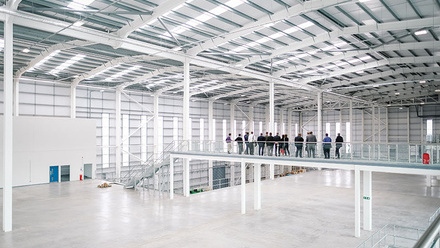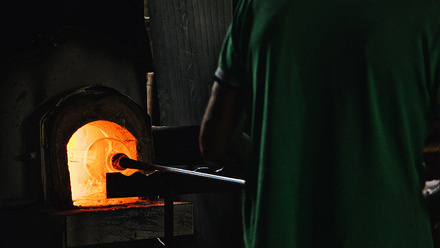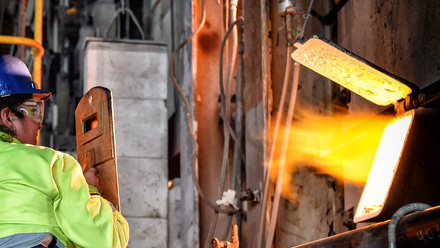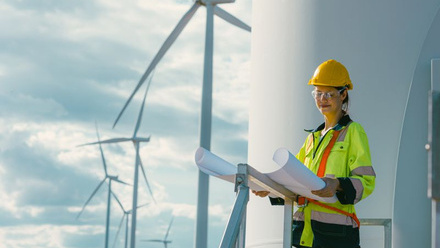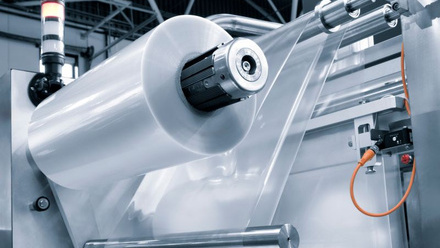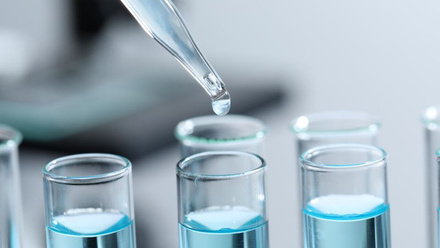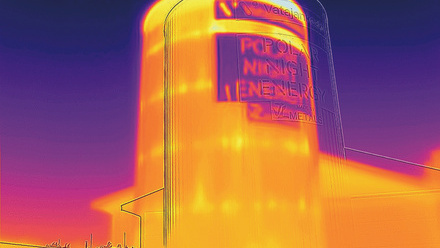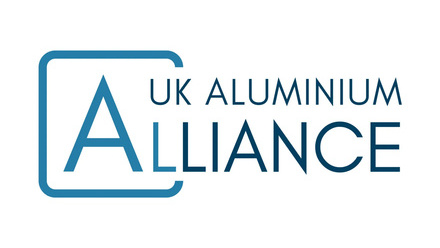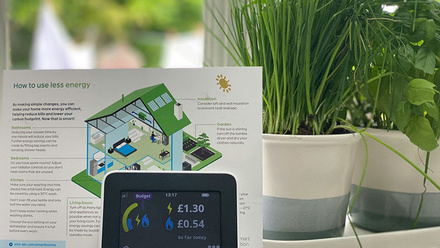Glass Futures' project shows economically viable biofuel alternative
The trial aimed to find low-cost bioderived fuels for a range of industrial glass and ceramics sites.
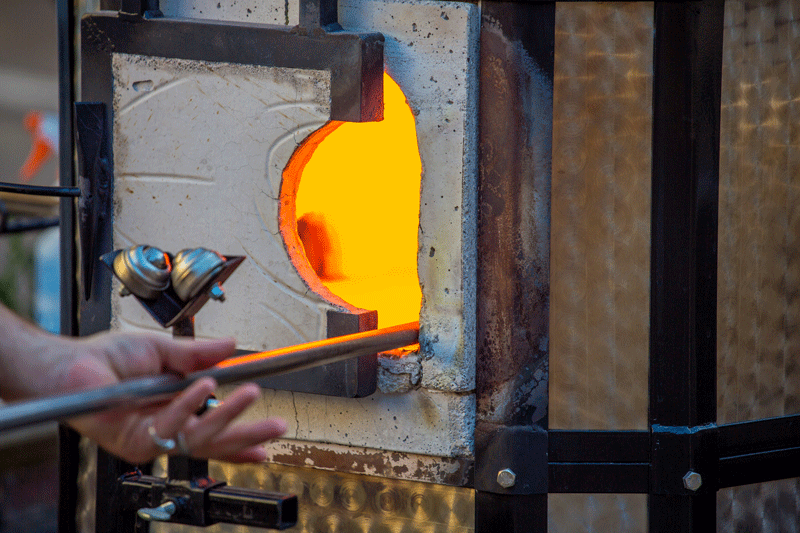
Glass furnaces and ceramic kilns use natural gas as supply is easy. Previous trials demonstrated the feasibility of moving away from this.
It was reported that around 80% less Scope 1 CO2 emissions are emitted when switching to biofuels – although they were found to be two-to-three times more expensive.
In the first-of-five trials, an industrial-scale test was successfully implemented at Pilkington UK Limited’s, Greengate site.
As part of the Glass Futures project, the project aimed to develop a detailed understanding of biofuels, their availability and potential CO2 savings. Their compatibility with Carbon Capture Utilisation & Storage will be tested further down the line.
Glass Futures will continue to find solutions for decarbonising energy intensive industries thanks to £7mln funding and £11mln for its members from the Department for Energy Security and Net Zero’s.
Further trials include rapid and dynamic electric boosting of glass furnaces and demonstrating hydrogen in the ceramics sector.


